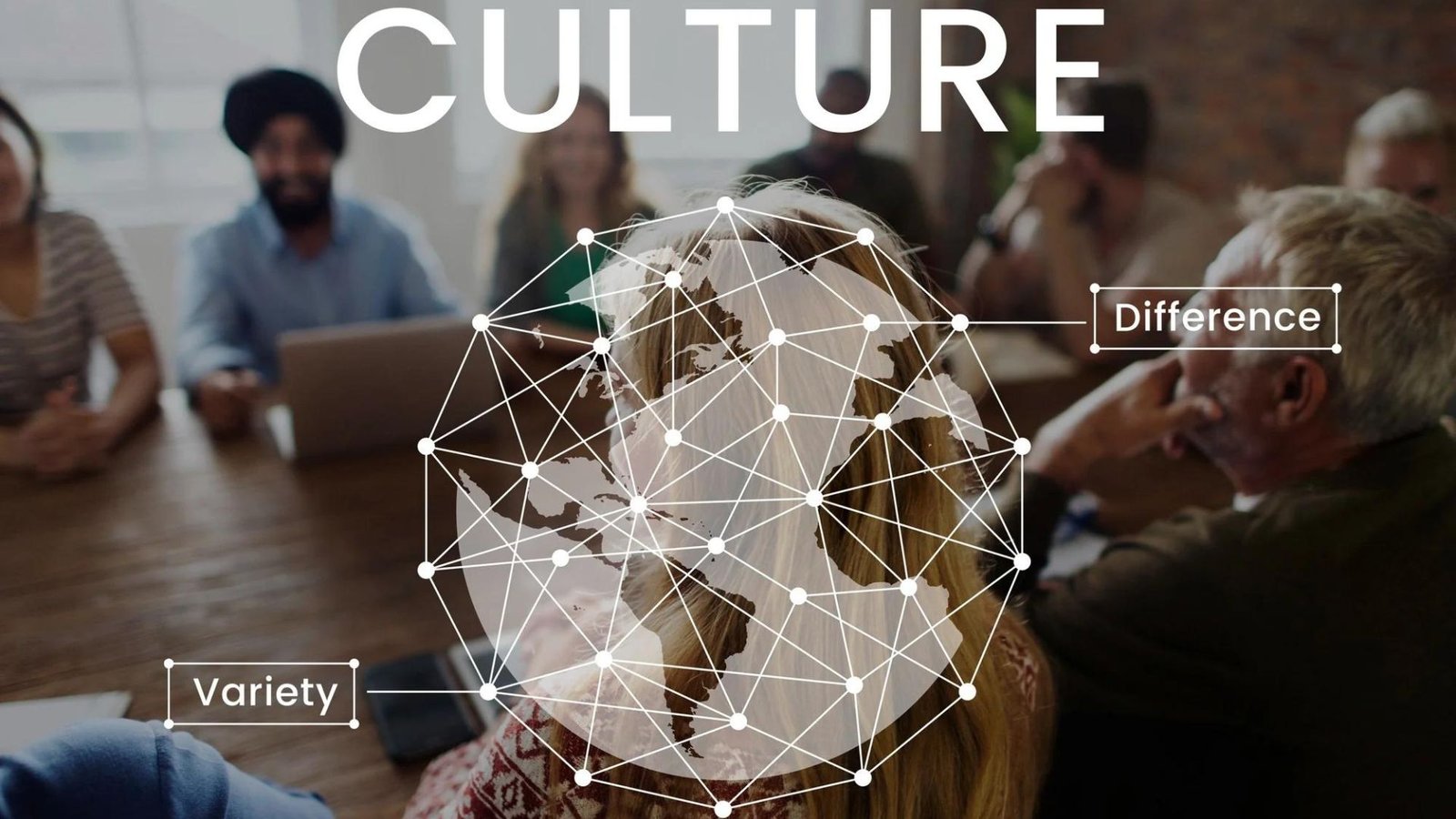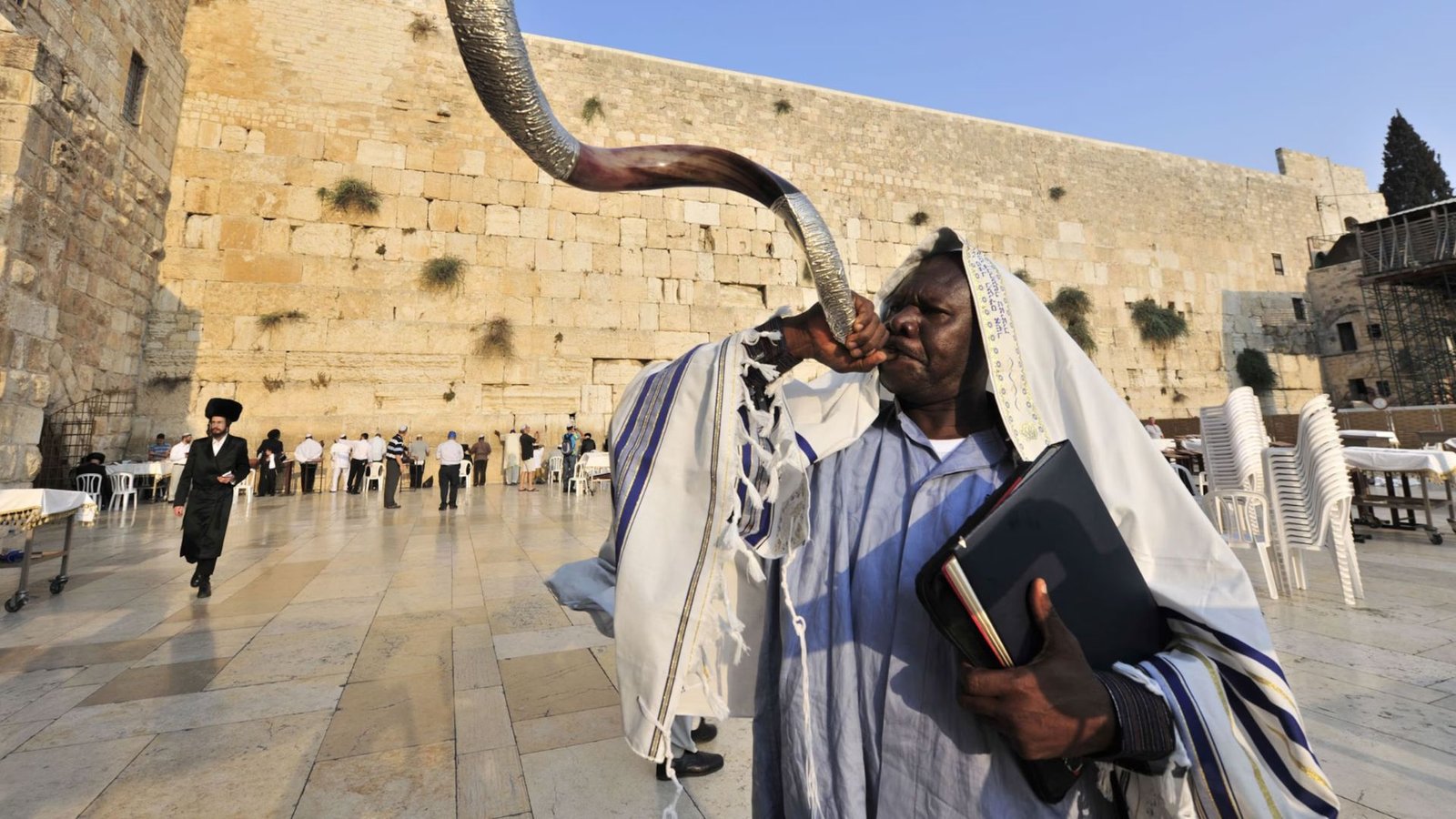Music plays a significant role in preserving Jewish cultural heritage. Through various forms of musical expression, Jewish communities maintain and pass down their rich traditions. Consequently, music acts as a vital bridge connecting past generations with the present and future. By integrating historical melodies and modern interpretations, Jewish music fosters a continuous cultural legacy. Let us look at the role of music in Jewish culture.

Traditional Jewish Music Forms
Traditional Jewish music encompasses a diverse range of genres, including klezmer and cantorial music. Klezmer, a genre that originated in Eastern Europe, features lively and emotional melodies. Moreover, cantorial music, performed by synagogue cantors, is central to Jewish religious ceremonies. These traditional forms of music serve as cultural anchors, preserving the essence of Jewish heritage.
Music as a Historical Record
Music functions as a historical record of Jewish experiences and migrations. Through lyrics and melodies, Jewish songs narrate stories of hardship, celebration, and resilience. For example, songs from the Holocaust period capture the pain and hope of that era. Similarly, music from different periods reflects the evolving nature of Jewish identity and diaspora.
Preserving Language and Rituals
Music also plays a crucial role in preserving the Hebrew language and religious rituals. Many Jewish songs and prayers are in Hebrew, thus maintaining the language’s relevance. Additionally, religious music helps perpetuate ancient rituals, ensuring that these practices continue to be a living part of Jewish life. By embedding language and rituals within music, Jewish communities reinforce their cultural continuity.
Fostering Community and Identity
Music fosters a sense of community and identity among Jewish people. In both communal and religious settings, music unites individuals through shared experiences and values. For instance, singing traditional songs during holidays and festivals enhances communal bonds. Furthermore, music helps individuals connect with their Jewish identity on a personal level.
Modern Adaptations and Innovations
Modern adaptations and innovations in Jewish music reflect the dynamic nature of Jewish culture. Contemporary artists blend traditional Jewish sounds with various musical genres, creating new and engaging expressions of heritage. For example, some musicians incorporate jazz or hip-hop elements into traditional Jewish melodies. This fusion maintains cultural relevance while appealing to younger generations.
The Role of Music Festivals and Events
Music festivals and events contribute significantly to preserving and promoting Jewish cultural heritage. Events such as the Jewish Music Festival showcase a wide array of musical styles and artists. Additionally, these festivals offer platforms for both traditional and modern Jewish music, thereby fostering appreciation and engagement within the community. By celebrating Jewish music in diverse settings, these events ensure its continued prominence.
Educational Programs and Workshops
Educational programs and workshops further the preservation of the role of music in Jewish music by providing opportunities for learning and participation. Music schools and community centers often offer courses on Jewish musical traditions, allowing individuals to acquire skills and knowledge. Moreover, workshops and lectures on Jewish music history deepen understanding and appreciation, ensuring the transmission of knowledge to future generations.
Influence on Global Music Scenes
Jewish music has significantly influenced global music scenes, contributing to a broader cultural exchange. Many artists outside the Jewish community draw inspiration from Jewish melodies and rhythms. For example, klezmer music has impacted various musical genres worldwide, highlighting the universal appeal of Jewish musical traditions. This cross-cultural influence enhances the global appreciation of Jewish heritage.
Preservation Through Digital Media
Digital media plays an essential role in preserving Jewish music for future generations. Online platforms and streaming services provide access to a vast array of Jewish musical recordings. Consequently, individuals worldwide can explore and enjoy Jewish music, regardless of geographic location. Digital archives also safeguard historical recordings, ensuring their availability for future research and enjoyment.
Conclusion
In summary, music serves as a powerful tool for preserving Jewish cultural heritage. Through traditional forms, historical narratives, and modern adaptations, Jewish music maintains its relevance and vitality. Music fosters community, supports religious practices, and influences global music scenes, while digital media ensures its continued accessibility. By embracing the role of music, Jewish communities uphold and celebrate their rich cultural legacy.




